University of California San Francisco
Give to UCSFDoxycycline for STI Prevention: Highly Effective, Minimal Drug Resistance
A sexual health strategy called Doxy-PEP, which involves taking doxycycline after condomless sex, is highly effective in reducing bacterial STIs but is still associated with a limited rise in resistant strains of bacteria.
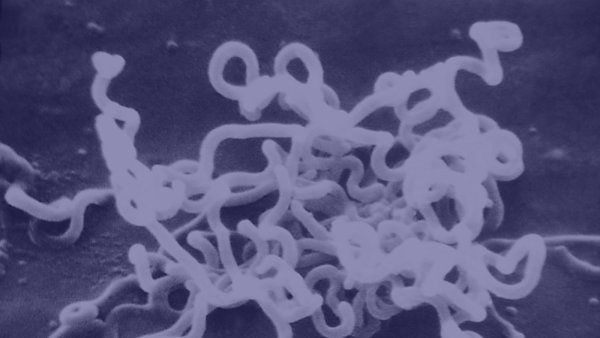
How UCSF Grad Students Mentor Diverse High Schoolers in STEM
BAYS internship initiative welcomes students from historically excluded backgrounds into UCSF labs to counter disparities among Black and Latino students who pursue STEM careers.
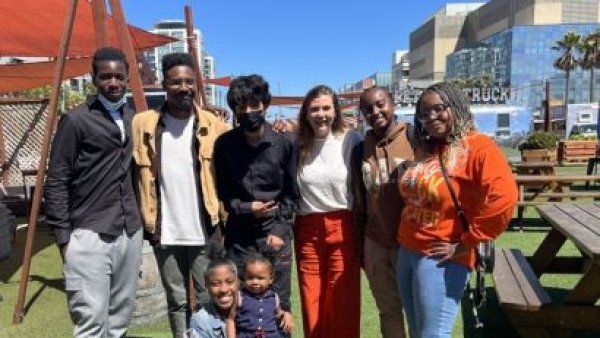
“Smarter” Breast Cancer Screening Measures Risk Down to Your DNA
The WISDOM 2.0 study aims to transform breast cancer screening by using a personalized approach and will expand to women as young as 30.

Researchers Receive High Honors for Outstanding Science Contributions
Three UCSF researchers were named 2022 fellows by the American Association for the Advancement of Science (AAAS), one of the highest honors in science.
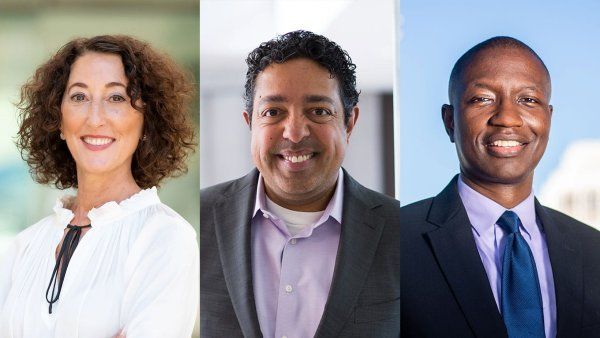
Ward 86 at 40: Shaping HIV Care Around the World
Since 1983, Ward 86 has played a revolutionary role in HIV/AIDS treatment, and continues to develop ways to care for people living with HIV.
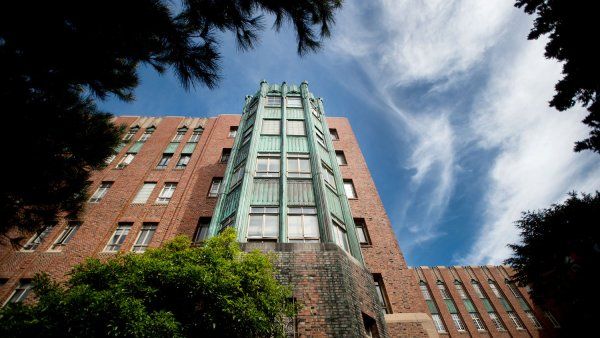
Do Sexual Orientation and Gender Identity Affect Your Stroke Risk?
People who identify as lesbian, gay, bisexual, transgender or non-binary may have a higher risk for stroke at a younger age, and possibly a higher risk for recurrence than those who identify as straight and cisgender.
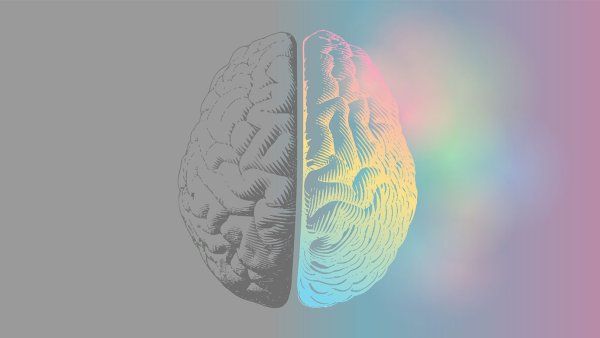
UCSF Surgeons Standardize Brow Lift and Hairline Surgery Using Photo Analysis
Facial feminization surgery eliminates sources of misgendering for patients through procedures like hairline advancement, brow lift, rhinoplasty, genioplasty and chondrolaryngoplasty.
